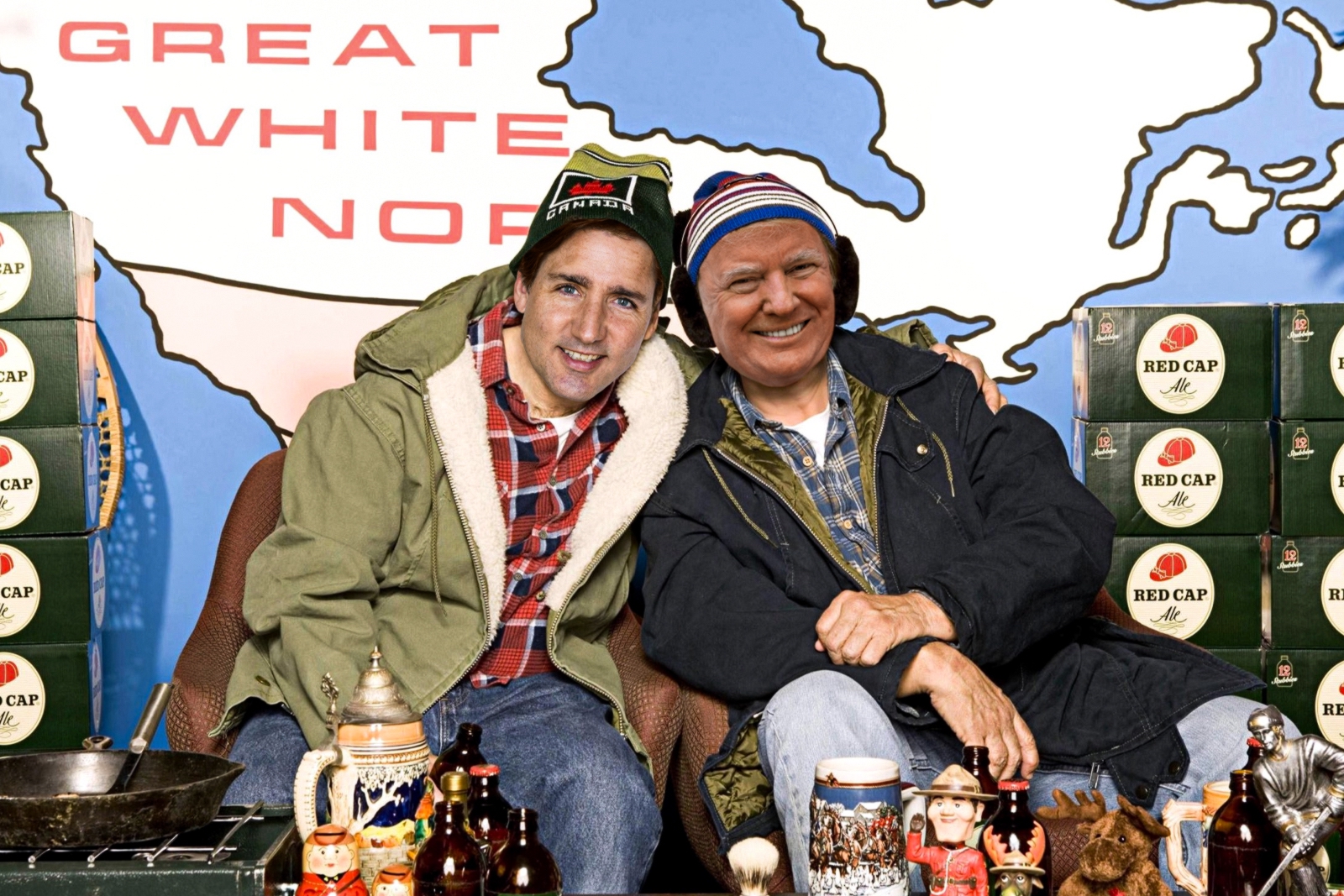
Canada Has Earned Critiques, But Trump’s Approach is Unhelpful
Like many Canadians, I have been dismayed by President Donald Trump’s recent threats toward my country. Unlike many Canadians, however, I am willing to admit an uncomfortable truth: the United States has some legitimate grievances with Canada. Unfortunately, Trump’s threats of annexation and 25% tariffs on Canadian exports have cooled Canada’s political impetus to fix these problems.
To start, it’s important to address one Trump claim that is not based in fact. The president has given various reasons for imposing tariffs, but he most often claims they are a response to the flow of drugs like fentanyl across the border. Both Canadian and American officials, however, have concluded that Canada is not a major source of drugs entering the United States. Last year, for example, American border agents intercepted 19 kilograms of fentanyl entering from Canada, compared to 9,600 kilograms coming from Mexico.
Other grievances with Canada, though, are legitimate. One is defence. Trump and other Republicans have claimed that Canada free-rides on U.S. defence spending. This is true. Canada spends just 1.4% of its GDP on defence, well below the 2% target for NATO countries. Our current government has only vague plans to reach 2% sometime between 2027 and 2032.
Canada isn’t simply failing to meet an arbitrary spending target. We have serious limitations in our ability to defend ourselves and meet NATO commitments. Canada’s military is short 15,000 members, and much of its equipment is unserviceable. This has left Canada unable to take part in NATO exercises, and reliant on the United States to protect its Arctic territory. Americans are right to demand better.
The story on trade is more complicated. Trump’s claim that the trade deficit with Canada represents a multi-billion-dollar subsidy is wrong. The trade deficit simply means that Americans buy more Canadian goods than the other way around. This isn’t necessarily a bad thing and certainly isn’t a subsidy.
That said, Americans are correct to complain that Canada has unfair trade practices in certain sectors. For example, in dairy, Canada uses a system called “supply management” to guarantee domestic producers a minimum price through quotas and caps on dairy production. To maintain this system, Canada imposes massive tariffs on dairy products imported from the U.S. and other countries. This limits American dairy producers’ ability to compete in the Canadian market.
Recently, Prime Minister Justin Trudeau has created new trade irritants through his attempts to modernize Canada’s protectionist media policies. American companies will be disproportionately hit by plans to make streaming companies like Netflix pay into a fund to support Canadian media content and to make web giants like Google and Facebook pay Canadian news outlets for sharing their content.
Canadian officials may argue that these measures are permitted under existing trade agreements. Permitted or not, these practices are unfair, and the U.S. is right to seek change.
Change would benefit Canadians too. Canadians have an interest in having an adequate military that can defend our country and contribute to global peace and security. Supply management for dairy hurts Canadian consumers even more than it hurts American businesses. And the Trudeau government’s new media policies are, frankly, nonsensical. They assume the government needs to make sure Canadians consume good, patriotic content and that web companies somehow harm news outlets by helping them reach larger audiences.
Modest pressure from the Trump administration could have given Canadian politicians cover to overcome special interests and make reforms that would benefit both countries. Immediately after the election, Canadian officials were ready to appease the returning president. For instance, the government quickly announced new spending on border security to almost no opposition.
All that has changed now. In light of 25% tariffs and threats of making Canada the 51st state through “economic force,” Canadians see Trump not as a disruptive figure to be handled with care, but as a genuine threat to their livelihoods and to their country’s sovereignty.
This creates a political challenge for Canadian leaders trying to address America’s genuine complaints. As Canada prepares for a federal election this year, candidates are seeking to portray themselves as tough leaders who can fight Trump. Any move that can be perceived as a concession to Trump is a political liability. Now, rather than opening up protected industries, Canada’s leaders are introducing retaliatory trade measures. The U.S. becoming a less reliable partner could push Canada to increase defence spending, but that would surely be paired with Canada becoming a less cooperative military ally.
We Canadians haven’t been perfect neighbours. But Trump is making it politically impossible for our leaders to shape up. Threats to Canada’s sovereignty and trade capacity will only make it harder for us to compromise, and will cause economic pain on both sides of the border.
